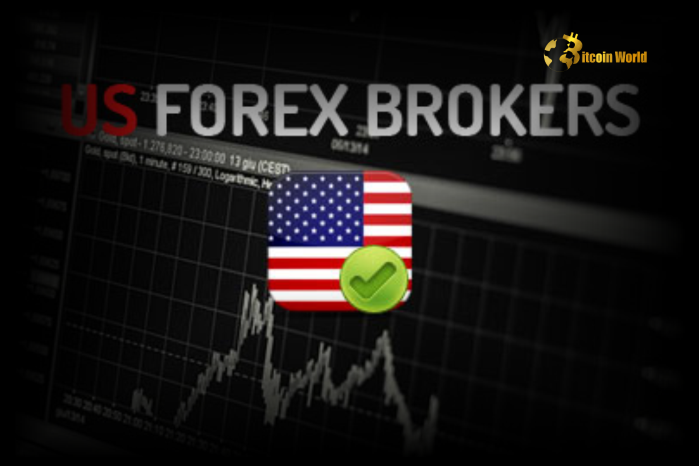The Role of the US Dollar in Forex Markets
The Role of the US Dollar in Forex Markets
Blog Article
The Role of the US Dollar in Forex Markets
Foreign exchange, or Forex trading, brings countless members in the United States every year. Their pure size and liquidity allow it to be one of the very interesting markets globally. Nevertheless, forex in us. has a special and strict way of regulating Forex activities. If you're looking to industry currencies or simply desire to know the way legal frameworks shape the Forex market, understanding these rules is crucial.

Crucial Legitimate Frameworks Shaping Forex in the US
Forex regulation in the United States stands apart because complete chance controls and consumer protections. Two primary government bodies oversee many Forex activities:
• Commodity Futures Trading Commission (CFTC)
• National Futures Association (NFA)
The CFTC, produced in 1974, is tasked with regulating the futures and choices areas, foreign exchange included. The NFA, as a self-regulatory firm, performs strongly with the CFTC to enforce rules and maintain equity in trading practices.
Subscription and Compliance
Every Forex supplier or broker using the services of U.S. citizens should register with both CFTC and NFA. These entities may also be needed to adhere to rigorous operational standards, including:
• Minimum net capital requirements (often higher than in other countries)
• Ongoing audits
• Strong anti-money laundering (AML) procedures
• Transparent chance disclosure
Violations can lead to hefty fines or a lasting ban from the market. This regulatory construction aims to stop fraud, defend investors, and improve industry integrity.
Important Constraints on Forex Actions
Foundational defenses influence how Forex works in the U.S.:
• Leverage restricts: The NFA sets a maximum influence of 50:1 for major currency couples and 20:1 for minors. This is far less than several world wide markets, supporting protect inexperienced traders from substantial losses.
• Segregation of funds: U.S. legislation involves that customer funds are held split up from broker working funds. This measure safeguards traders in the case a broker becomes insolvent.
• Advertising and disclosure: Firms should obviously explain risks, costs, and trading systems to clients. Deceptive or extreme solicitation techniques experience strict penalties.
Enforcement and Penalties
U.S. agencies frequently check for fraudulent systems, insider trading, and illicit industry manipulation. Mathematical data from enforcement studies shows a consistent pattern of penalties and settlements lately, featuring continuing vigilance. That environment, while stricter than many parts of the planet, generates a safer enjoying area for retail and institutional traders alike.
What things to Contemplate as a US Forex Trader
New styles reveal an ongoing increase in regulatory actions, an emphasis on consumer training, and constant changes to conformity requirements. If you plan to industry Forex in the U.S., it's necessary to:
• Validate a broker's active enrollment position
• Keep up-to-date with regulatory improvements
• Review risk disclosures before generally making trades
This method decreases unforeseen failures and enhances your prospects in a tightly managed but powerful marketplace. By knowledge legal regulations, U.S. traders can confidently be involved in the Forex market while remaining within the parameters of the law.
Report this page